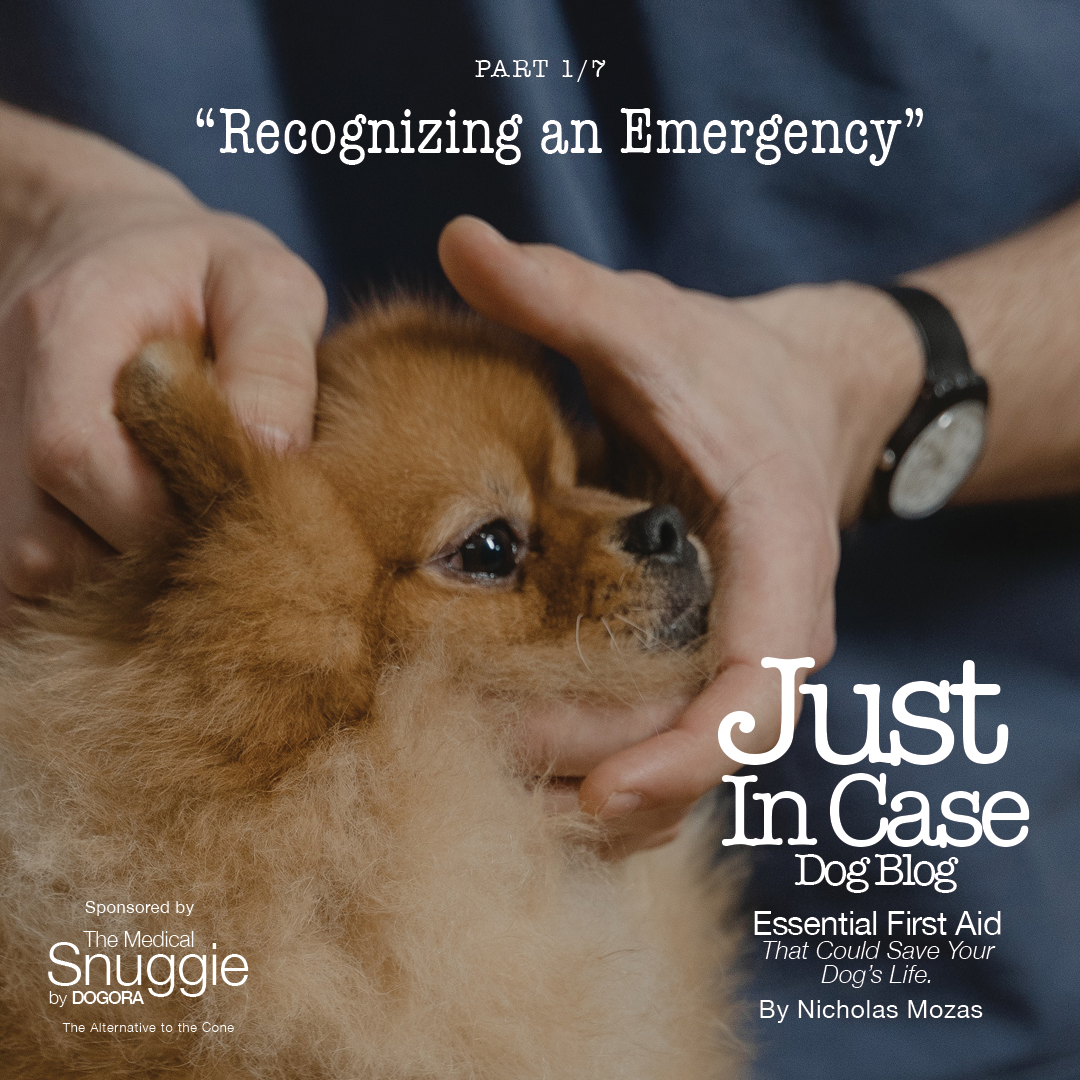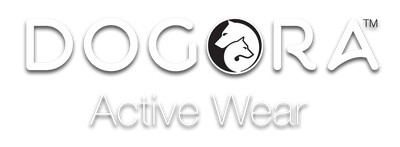Recognizing an Emergency - Part One

Essential First Aid That Could Save Your Dog’s Life – Part 1
As an owner, loyal companion, and family member to our best friends, we are their first responders prior to reaching the emergency clinic or animal hospital. To avoid feeling the panic, given the situation, it is highly recommended that we educate ourselves on the supplies we should have at home and how to better prepare ourselves to give first aid care to our pets. This is the first of a series of posts that will make you better prepared to handle many emergency situations that you might encounter with your dog.
First Aid treatment could be what saves your pets’ life before receiving veterinary interventions and aid. When First Aid is provided to your pets, this should ALWAYS be followed by immediate Veterinary Care.
Pets are much like children. They are inquisitive creatures. They are constantly testing their enlightened senses, tasting everything, getting into unsafe situations, or maneuvering their way into somewhere they shouldn’t be.
Learning to recognize an emergency is always the first step to responding effectively, however, this may not always be easy. Pets tend to suppress many obvious signs of pain. This is a behaviour animals developed during the evolutionary process. It was necessary to protect themselves from predators.
Dogs are at risk of eating toxic food or chemicals, injuring themselves, choking, or receiving a bite from another dog. Knowing how to provide aid promptly can help prevent a minor injury from becoming a major one.
As pet owners, it’s key to know how to handle an injured pet. You should know basic first aid procedures such as learning how to check for a dog’s pulse or how to help them when they are choking. Changes in behaviour such as appetite, bowel movements and smell can all be paramount indicators something is wrong with our dogs.
Recognizing an Emergency
Difficulty breathing, unresponsiveness, can’t get up or difficulty coordinating their movements, seizures, heavy panting, expressing pain and discomfort, vomiting, or passing diarrhoea for over 24hrs.
If you are ever worried, it’s important that you call your vet for advice! Next part to the multi series we will be describing how you can make a First Aid Kit that you can keep handy for emergencies.
Nicholas Mozas is Founder and CEO of DOGORA. He is a graduate of the University of Guelph in Biological Science and holds an M.Sc. in Neutragenomics. Nicholas managed an Animal Hospital after graduation, gaining a better understanding of pets’ and owners’ needs. Find out more at www.dogora.ca.
Feel free to forward this blog post to your dog owner friends to enjoy!

